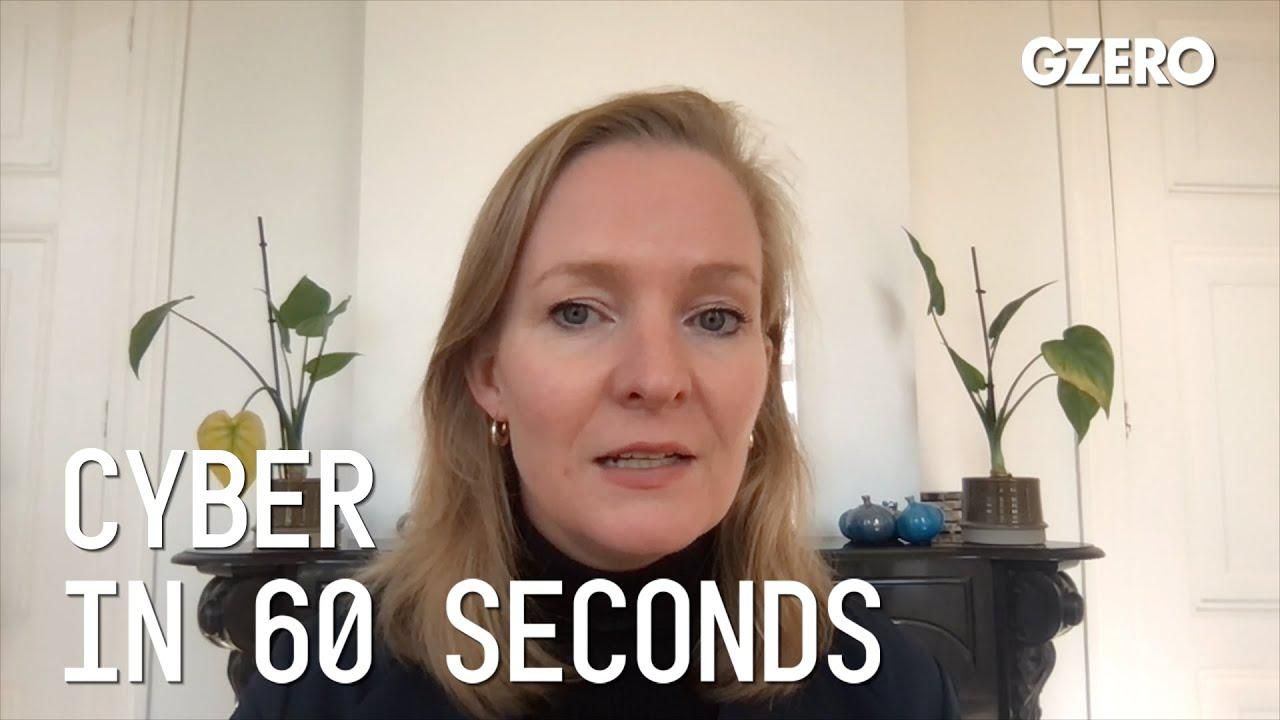
Marietje Schaake, International Policy Director at Stanford's Cyber Policy Center, Eurasia Group senior advisor and former MEP, discusses trends in big tech, privacy protection and cyberspace:
Will the testimony of the whistleblower be a game changer?
Now it certainly was a down week for Facebook, which also faced a major outage and new accusations by Frances Haugen, the whistleblower who provided a trove of information first to the Wall Street Journal, and then gave testimony before US Congress. She reminded the world of how little transparency we really have into what Facebook does and how its business models create societal harms. But really after a week of outcry, we need more than that. Only clear policies will bring back the balance between the power of private companies like Facebook and independent oversight.
What policies are needed to tame the Facebook beast?
Well, in the US there has been a disproportionate focus on speech protections, which are of course key, but so is non-discrimination or antitrust. And the collection, brokering, sell, and use of data is crucial to the business models of social media giants. And with the US federal data governance law, that includes protections, but also foresees an access to data for researchers, the way that EU proposals do, a step in the right direction can be made. Only when we have a better sense of the effects of digital services, can we have a well-informed public debate and the appropriate public policies. So there are different parts of a legislative puzzle that have to come together. Unfortunately, no silver bullets. But hopefully the many harms that are now crystal clear, whether they involve children, democracy, or fair competition, can be solved with clear antitrust rules, privacy protections, data governance, and access provisions, which together will ensure greater accountability and democratic guarantees.